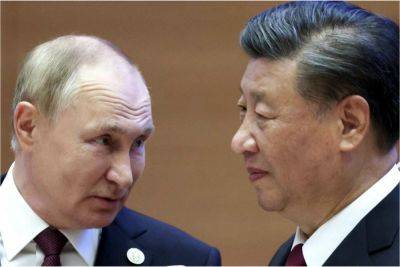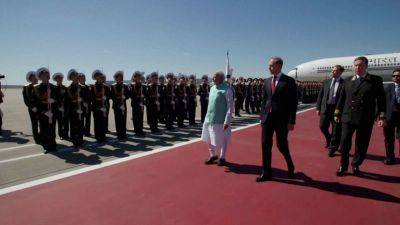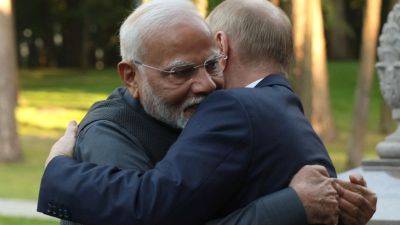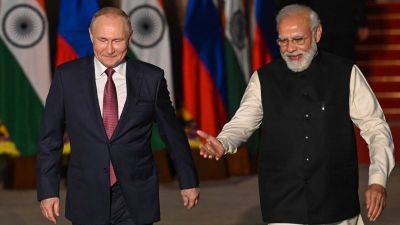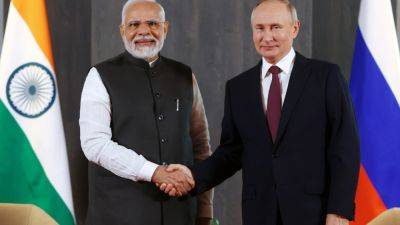A year ago, Russian mercenary chief Yevgeny Prigozhin challenged the Kremlin with a mutiny
On a lazy summer weekend a year ago, Russia was jolted by the stunning news of an armed uprising. The swaggering chief of a Kremlin-sponsored mercenary army seized a military headquarters in the south and began marching toward Moscow to oust the Defense Ministry’s leaders, accusing them of starving his force of ammunition in Ukraine.
Yevgeny Prigozhin and his soldiers-for-hire called off their “march of justice” only hours later, but the rebellion dealt a blow to President Vladimir Putin, the most serious challenge to his rule in nearly a quarter-century in power.
Prigozhin’s motives are still hotly debated, and the suspicious crash of the private jet that killed him and his top lieutenants exactly two months after the rebellion remains mired in mystery.
A look at the mutiny and its impact:
Who was Yevgeny Prigozhin?
Prigozhin, an ex-convict, owned a fancy restaurant in St. Petersburg where Putin took foreign leaders. That earned Prigozhin the nicknamed of “Putin’s chef.” Those ties won him lucrative government contracts, including catering for Kremlin events and providing meals and services to the military.
He founded the Wagner Group, a private military contractor, in 2014, using it to advance Russia’s political interests and clout by deploying mercenaries to Syria, Libya, the Central African Republic and elsewhere. Wagner fighters provided security for African leaders or warlords, often in exchange for a share of gold mines or other natural resources.
Prigozhin gained attention in the U.S., where he and a dozen other Russians were indicted by the Justice Department for creating the Internet Research Agency — a “troll farm” that focused on interfering in the 2016 U.S. presidential election. The case was later dropped.



